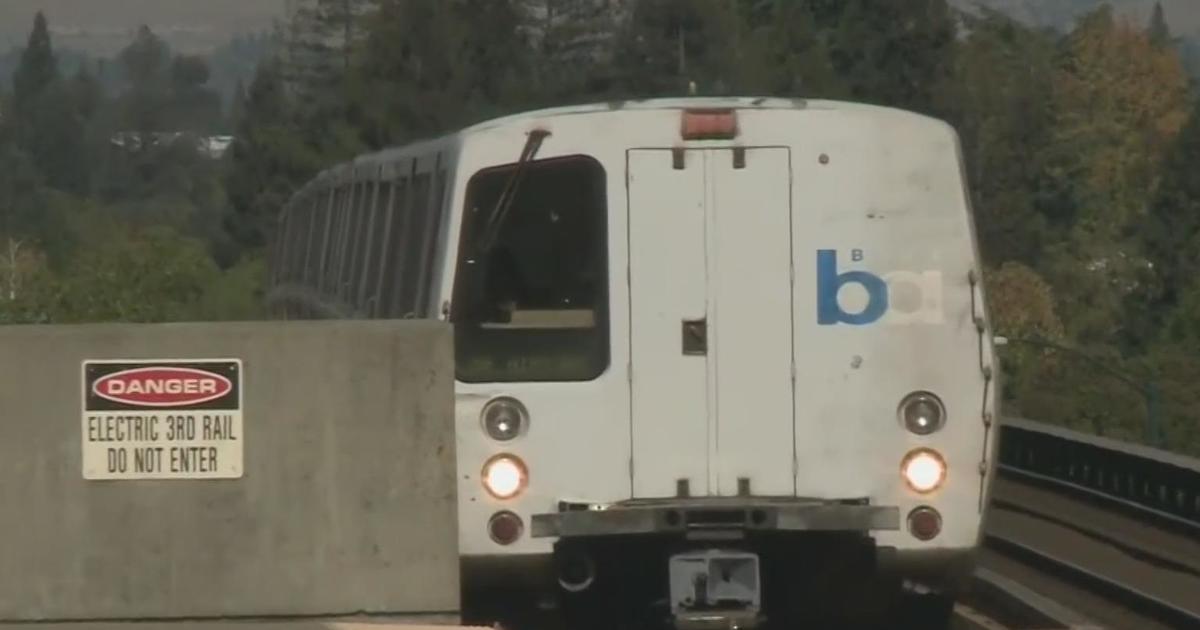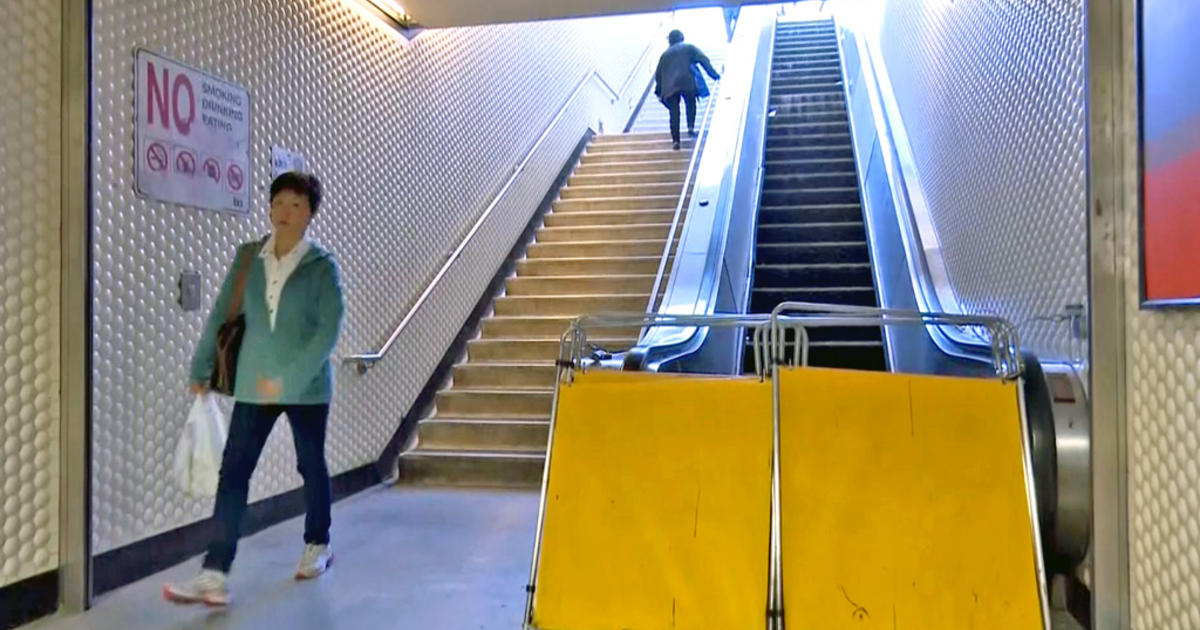BART Board Allows Bicycles On Trains During Rush Hour
OAKLAND (CBS SF) -- The BART board of directors voted unanimously in favor of making a pilot program that allows bicycles on BART during peak commute hours a permanent fixture at Thursday's meeting in Oakland.
A five-month pilot program has allowed bikes on all but the first car during non-commute hours, and during commute periods allows bikes on all but the first three cars. Bikes are never allowed on crowded cars.
The program began in July and will continue until the end of November.
Two other pilot programs offered more bicycle access during commute hours in August 2012 and in March.
The board took the decision to vote ahead of the end of the program, so if approved, as it was, there would be a smooth transition to continue with the modified rules, BART bike program manager Steve Beroldo said.
With the board deciding to permanently lift the so-called "bike ban," "it can continue now without interruption," Beroldo said.
Addressing concerns that were expressed at their meeting Thursday, board members said the transit agency will get feedback from its employees about the best way to enforce bike policy rules, have better signs for indicating where bikes should be stored on trains and review the best practices from other transit agencies that allow bikes.
The board also approved an amendment that calls for BART to review its bicycle policy if average weekday ridership, which was 416,000 in September, increases to 450,000 passengers for three straight months, which would make trains more crowded and might make it more difficult to accommodate bikes.
Antonette Bryant, the president of Amalgamted Transit Union Local 1555, which represents train operators and station agents, said she opposes the change in bike rules because she believes having bikes on trains during commute hours "is problematic for passengers."
Bryant also said station agents don't have the ability to enforce rules that bar bicyclists from carrying their bikes on escalators.
In addition, Bryant said she's upset that BART's management didn't ask for input from employees before making the policy change.
"We're your frontline folks but you're not talking to the people who need to deal with this," Bryant said.
Alan Smith, the vice chair of BART's Accessibility Task Force, which advises the transit agency on disability-related issues, said some bike riders "didn't get the memo about common courtesy" and rush to use station elevators instead of letting wheelchair users have priority.
BART Director John McPartland said during the meeting that he wouldn't support the policy change because many of its details had been worked out.
"It's important to do this right, not quickly," McPartland said.
But at the end of the meeting, and after lengthy discussion, McPartland joined all of his colleagues in voting for the policy change.
Other parts of the approved proposal for the BART bike system include putting up ads and online materials detailing proper bike etiquette and rules.
Bicycle waiting zones have been given the OK to be set up at 12th and 19th Street stations in Oakland to make for easier boarding, along with new bicycle storage options offered at stations.
According to Beroldo, about 5 percent of BART riders use a bike to get to a station. Of those people, 60 percent bring their bikes onto trains, while others park them at stations.
"We want to make sure that you are comfortable leaving your bike at your home station," Beroldo said.
He said BART is also looking into adding more bike racks inside the paid access part of the station. The agency is aiming to have more people ride to BART stations, but not bringing the bicycles onto the trains.
In a recent survey of 1,774 riders conducted via email between Sep. 24 and Oct. 4, 79 percent of respondents said were in favor of allowing bicycles on trains during rush hour.
A quarter of respondents said accommodating bikes on BART during commute hours has been difficult and the trains are too crowded.
"Some people seem OK with the rule change," Beroldo said, while others are concerned about crowding on trains. "It's a little bit of a mixed message."
The permanent changes to the bike rules will cost about $195,000 to implement, according to BART staff. The five-month pilot program has cost about $19,000 to run.
The San Francisco and East Bay bicycle coalitions have given their ongoing support for dropping the commute hour restrictions for bicyclists.
(Copyright 2013 by CBS San Francisco and Bay City News Service. All rights reserved. This material may not be published, broadcast, rewritten or redistributed.)



